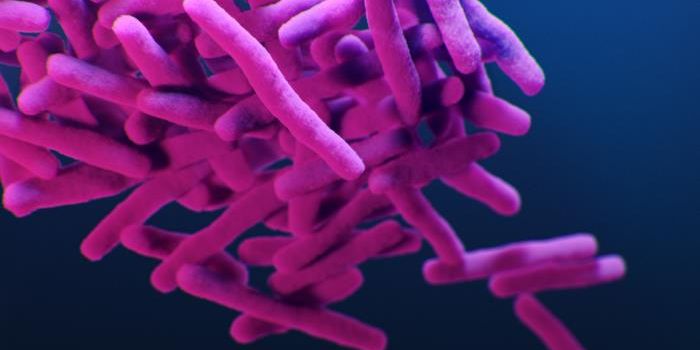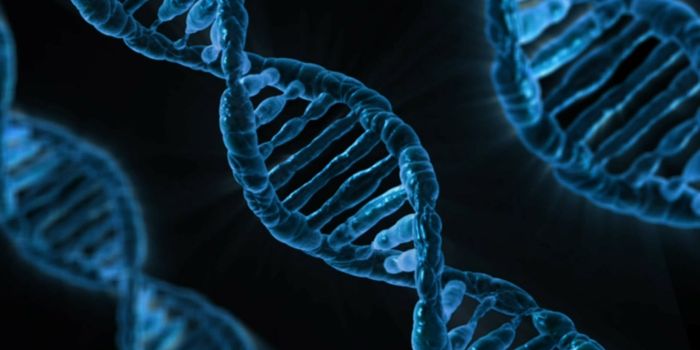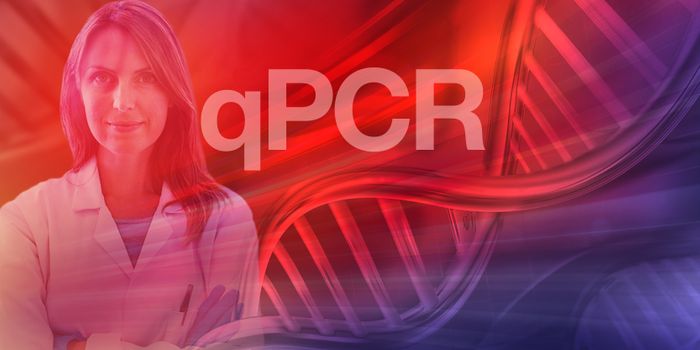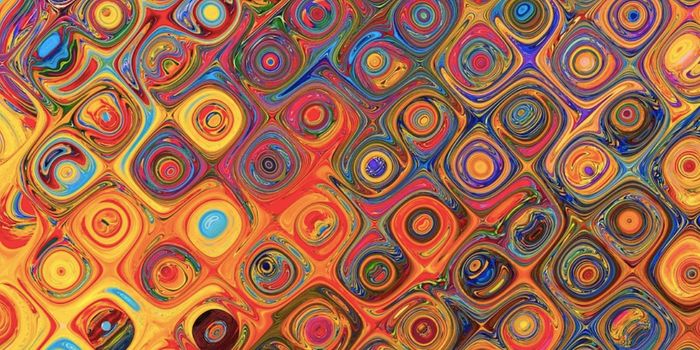Genetic Mutations May Not be Related to the Aging Process
As our body ages, cells have to divide to replenish those that become worn out or damaged. Most cells also carry the genome in their nucleus, which has to be replicated each time cell division takes place. Over the course of our lives, we've exposed to environmental toxins and other things that can damage DNA. Sometimes, that damage slips by the cell's repair machinery, and it gets passed on to the DNA of daughter cells. Over time, cells can accumulate a lot of genetic damage. It's been thought that cancer is related to that buildup of mutations, and that some processes that become dysfunctional during aging may also be related to accumulated genetic damage.
But when it comes to aging, new research has indicated otherwise. Reporting in Nature Genetics, researchers found that in humans, cells and tissues can carry many more mutations than average without showing any additional signs of aging. This research investigated the physiology of people who carry mutations in genes that are related to DNA replication and comparing them to healthy individuals.
An enzyme called DNA polymerase is crucial to DNA replication. POLE and POLD1 are DNA polymerase genes, and when POLE or POLD1 are mutated, it causes more mutations to be introduced into the DNA of carriers during cell division. However, the researchers found that the cells in these individuals were functioning normally even though they carried many more mutations that healthy individuals. There weren't any signs of age-related disease or premature aging in these people either, though their DNA had the level of mutation that would be expected in people that were 'hundreds' of years old.
Extra mutations would cause a higher risk of certain types of cancer, but not elevated features of aging, according to this work. However, the people that carry mutations in POLE and POLD1 have telomere length and other genetic characteristics that were comparable to people with normal POLE and POLD1, so there may be other genomic changes that are connected to aging, which were not assessed in this study.
"We were amazed to see that normal and seemingly healthy cells could tolerate so many mutations. This research has given us an insight into the potential reasons for their increased risk of cancer and also offers an immensely valuable window into the process of aging. Our research shows that a higher mutational burden does not appear to result in early onset signs and features that we typically associate with aging. While other types of mutations could potentially play a role, it suggests that there is a more complex process behind aging than the accumulation of mutations alone," said co-first study author Dr. Phil Robinson, a Wellcome Clinical Ph.D. Fellow at the Wellcome Sanger Institute.
"Further research is now necessary to understand how our findings fit into what we already know about inherited syndromes that make a person more susceptible to cancer, and if there is any way to help keep their risk of developing disease as low as possible," said co-first stusy author Dr. Claire Palles, a Birmingham Fellow at the Institute of Cancer and Genomic Sciences at the University of Birmingham.









